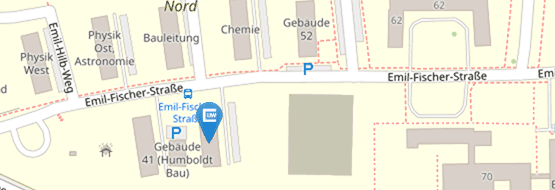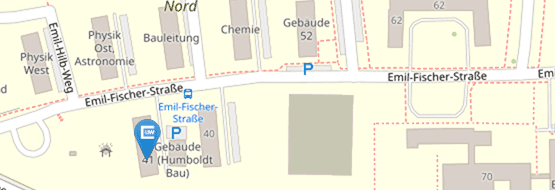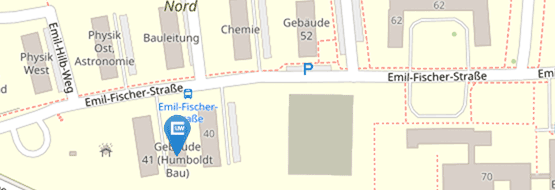Subprojects
Coordination:
Prof. Dr. Leon Bungert (JMU)
Goal:
We aim to develop a solid theoretical understanding of the interactions of robustness and compression of neural networks in the context of adversarial attacks, distribution shifts, and parameter uncertainties. We are particularly interested in understanding the geometric complexity of decision boundaries of compressed models and the implications for robustness. At the same time we aim to develop new training methods which combine robustness and compression in an effective and theoretically-founded way.
Coordination:
Prof. Dr. Martin Burger (DESY), Dr. Tim Roith (DESY)
Goal:
We aim to develop novel algorithms for sparse training, model pruning and data compression, by employing infinite dimensional discretization-invariant network architectures for image classification and inverse problems. We want to obtain inherently flexible and adversarially robust models that can be efficiently applied to multi-resolution data. Most importantly, we aim to generalize the concept of sparsity in neural networks by means of tailored parameter representations that increase the evaluation speed of the associated layer.
Coordination:
Prof. Dr. Stephan Günnemann (TUM)
Goal:
We aim to investigate the reliability of state-of-the-art compression methods like pruning and quantization on real-world generative AI applications, and to understand potential trade-offs between compression, model performance, and reliability. We will focus on widely used audio and language models in collaboration with P4 and P6, and aim to design robust pruning and quantization methods via sparse training and selection of calibration data. Further, we will develop more applicable model distillation methods, which is one of the most promising directions for compression beyond pruning and quantization.
Coordination:
Prof. Dr.-Ing. Timo Gerkmann (UHH)
Goal:
Diffusion models have shown excellent performance as data-driven priors for inverse problems in speech processing and imaging. Requiring many evaluations of large-scale networks, they suffer from slow inference and high energy consumption and also require costly training. Our main goal is to significantly reduce these expenses for both training and inference. Instead of limiting the number of network evaluations, we aim to tackle this goal with compressed data representations and networks, and robustness analyses of both. Compared to P6, we focus on generative models for reconstruction and restoration problems in audio and imaging, rather than speaker verification and recognition. Sharing the same data modality, we aim for synergies and joint developments, e.g., for network architectures, training procedures, and datasets.
Coordination:
Prof. Dr. Ingo Scholtes (JMU), Dr. Anatol Wegner (JMU)
Goal:
We aim to use deep learning and information-theoretic approaches to infer compressed models that facilitate efficient and robust graph learning. We specifically address the challenge that most GNNs assume a known graph topology, while real data are often incomplete, subject to noise, or exhibit higher-order patterns not captured by standard graphs. However, the graph construction is critical for the robustness of downstream learning algorithms. Addressing this challenge, we apply information-theoretic and Bayesian techniques that utilize the relational data at hand to infer compressed graph models that improve the reliability of graph learning.
Coordination:
Prof. Dr. ir. Emanuël Habets (FAU), Prof. Dr. Daniel Tenbrinck (FAU)
Goal:
We will investigate the robustness of neural networks under the impact of domain shifts and adversarial attacks on speaker recognition systems. Moreover, we will assess the potential of compressed models for increasing the stability of such systems with respect to audio data perturbed by noise and domain shifts. Our goal is to deduce novel training and compression strategies to improve models for speaker recognition systems. While P4 focuses on generative methods, in P6, we utilize discriminative approaches for speaker recognition. Our aim as a consortium is to investigate how compression techniques influence these distinct approaches.





